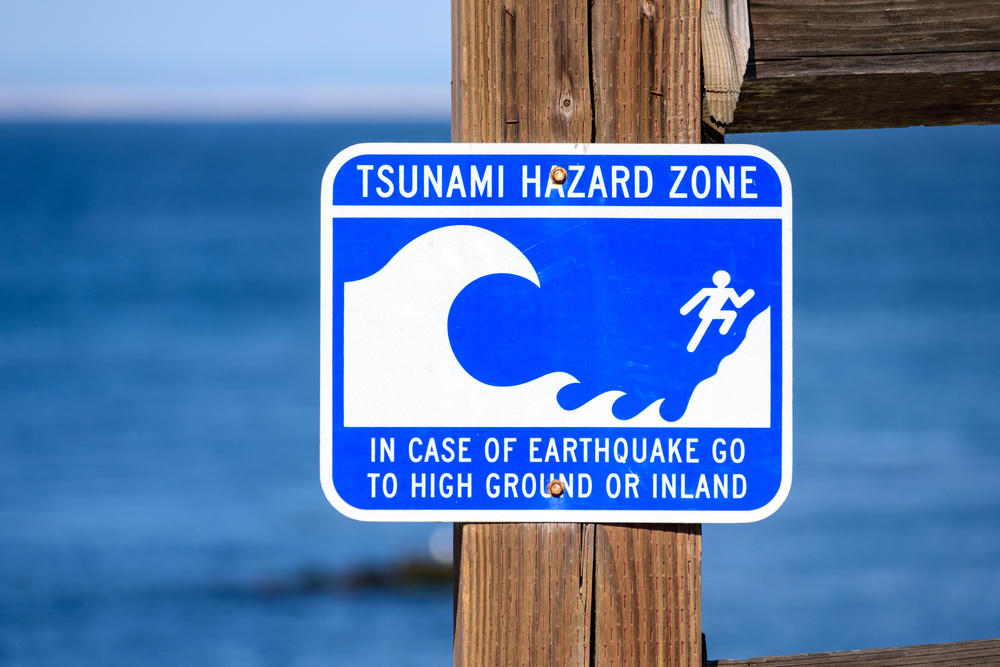For the first time, researchers have observed “quantum superchemistry” in the lab.
Long theorized but never before seen, quantum superchemistry is a phenomenon in which atoms or molecules in the same quantum state chemically react more rapidly than do atoms or molecules that are in different quantum states. A quantum state is a set of characteristics of a quantum particle, such as spin (angular momentum) or energy level.
To observe this new super-charged chemistry, researchers had to coax not just atoms, but entire molecules, into the same quantum state. When they did, however, they saw that the chemical reactions occurred collectively, rather than individually. And the more atoms were involved, meaning the greater the density of the atoms, the quicker the chemical reactions went.
“What we saw lined up with the theoretical predictions,” Cheng Chin, a professor of physics at the University of Chicago who led the research, said in a statement. “This has been a scientific goal for 20 years, so it’s a very exciting era.”
Related: What is quantum entanglement?
“What we saw lined up with the theoretical predictions,” Cheng Chin, a professor of physics at the University of Chicago who led the research, said in a statement. “This has been a scientific goal for 20 years, so it’s a very exciting era.”
The team reported their findings July 24 in the journal Nature Physics. They observed the quantum superchemistry in cesium atoms that paired up to form molecules. First, they cooled cesium gas to near absolute zero, the point at which all motion ceases. In this chilled state, they could ease each cesium atom into the same quantum state. They then altered the surrounding magnetic field to kick off the chemical bonding of the atoms.
These atoms reacted more quickly together to form two-atom cesium molecules than when the researchers conducted the experiment in normal, non-super-cooled gas. The resulting molecules also shared the same quantum state, at least over several milliseconds, after which the atoms and molecules start to decay, no longer oscillating together.
“[W]ith this technique, you can steer the molecules into an identical state,” Chin said.
The researchers found that though the end result of the reaction was a two-atom molecule, three atoms were actually involved, with a spare atom interacting with the two bonding atoms in a way that facilitated the reaction.
This could be useful for applications in quantum chemistry and quantum computing, as molecules in the same quantum state share physical and chemical properties. The experiments are part of the field of ultracold chemistry, which aims to gain incredibly detailed control over chemical reactions by taking advantage of the quantum interactions that occur in these cold states. Ultracold particles could be used as qubits, or the quantum bits that carry information in quantum computing, for example.
The study used only simple molecules, so the next goal is to attempt to create quantum superchemistry with more complex molecules, Chin said.
“How far we can push our understanding and our knowledge of quantum engineering, into more complicated molecules, is a major research direction in this scientific community,” he said.
This article was provided by Live Science.














